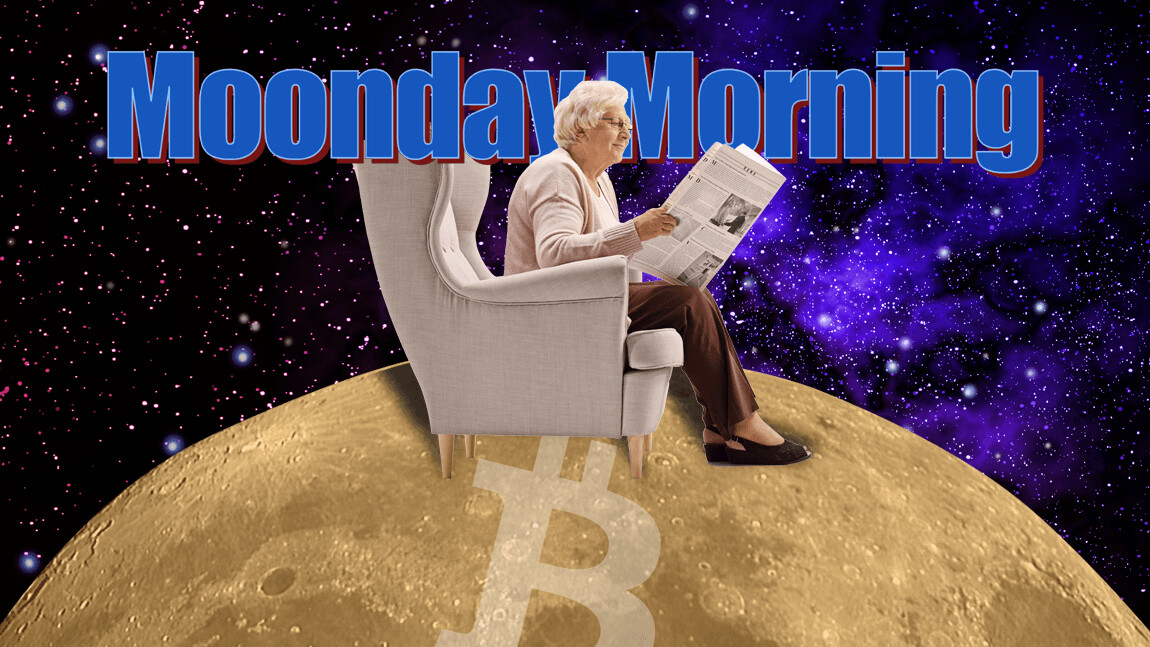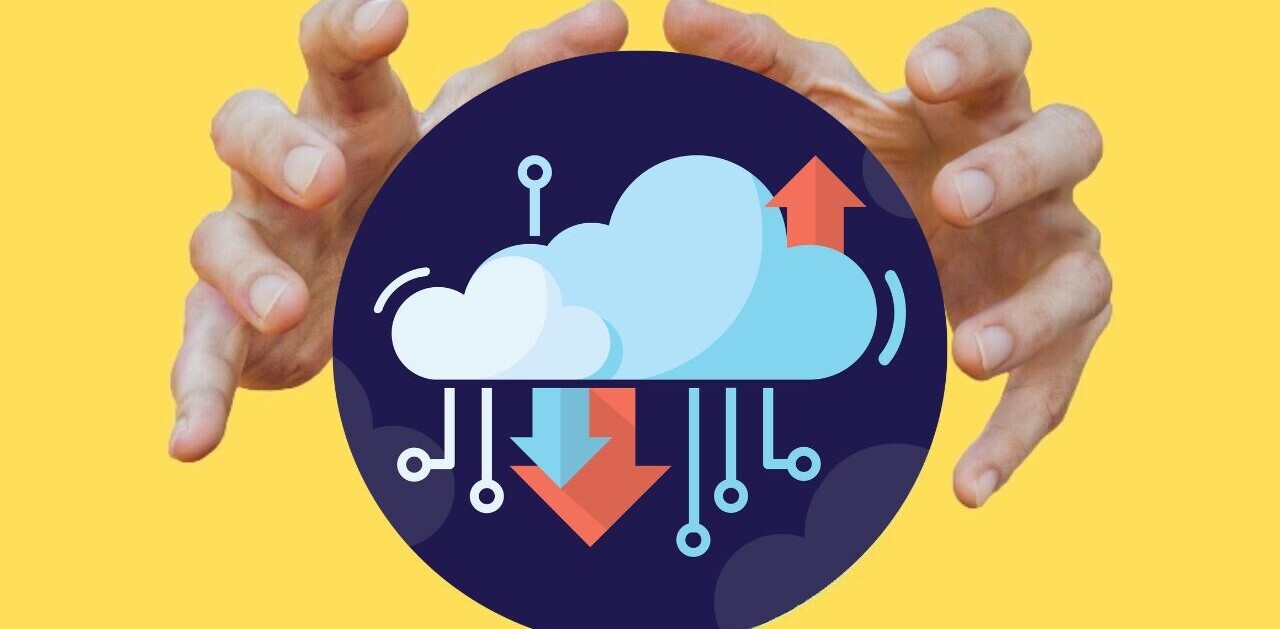
If you were to place a bet on what stories would be included in Moonday Mornings each week, what would you say? A dodgy cryptocurrency stealing app? A lawsuit? Maybe some new research that kills some hype? Or maybe even some news of government organizations joining the party?
Well, you’d be right if that’s what you guessed. Here ‘s the low-down on what happened last weekend.
1. Google’s Play Store has been caught hosting a malicious app that poses as MetaMask and looks to steal users’ cryptocurrency. The app, uncovered by security researchers at ESET, is the first “clipper” malware to be found on the Play Store. Clippers are sneaky little things; when the user isn’t looking they replace content in a device’s clipboard for illicit gain. So when you copy that long string of random characters (which you will do) to send Bitcoin to your friend, the app will recognize it’s a Bitcoin address and change it to one belonging to the attacker’s wallet. According to ESET this is the first time its seen cryptocurrency malware of this type on the Play Store, guess it’s just another we have to add to the list.
2. Israeli cryptocurrency entrepreneur Moshe Hogeg has responded to the recent lawsuit filed against him saying that “investors have no ownership rights in the cryptocurrency company they invest in,” The Times of Israel reports. A Chinese investor in one of Hogeg’s projects, STOX, claimed he had misappropriated funds and did not follow the promises made in the company’s white paper. Hogeg stood behind the defense that companies aren’t legally bound to do so, and white papers are purely “descriptive.” Let this be a lesson to us all, just because it’s a road map doesn’t mean the road will follow the map.
3. Research conducted by LongHash, has found that only 10 percent of Ethereum-based dapps have any daily active users. Over a 24 hour period on February 1, 2019, only 180 dApps performed any ERC20 token transactions. Less than 10 percent of those active dapps processed more than 100,000 transactions per day. Indeed, it seems that blockchain developers are favoring alternative platforms like TRON and EOS over Ethereum. Recent research from Hard Fork found just three of the top 50 dapps are based on the Ethereum platform.
4. The Argentinian public transport card, the SUBE (Sistema Único de Boleto Electrónico), can now be topped-up using Bitcoin, Cointelegraph reports. SUBE cards can be topped-up online using a platform called Alto Viaje, which just so happens to have partnered with blockchain business-services provider, Bitex, which is facilitating the transactions.
5. The US Food and Drug Administration (FDA) is looking at various technologies to help secure the supply of drugs to pharmacies and hospitals, and blockchain is but one of them, Engadget reports. The FDA has launched a pilot program, that runs until March 11, 2019, where developers and firms can put forward their technology as a solution to tracking drugs from manufacturer to patient. While this sounds interesting, companies have been trialing similar ideas for a while now, like tracking lettuce on the blockchain.
There you have it, another weekend of cryptocurrency and blockchain news all caught up with. Lettuce stand back for a moment to take it all in.
See ya next week.
Get the TNW newsletter
Get the most important tech news in your inbox each week.





